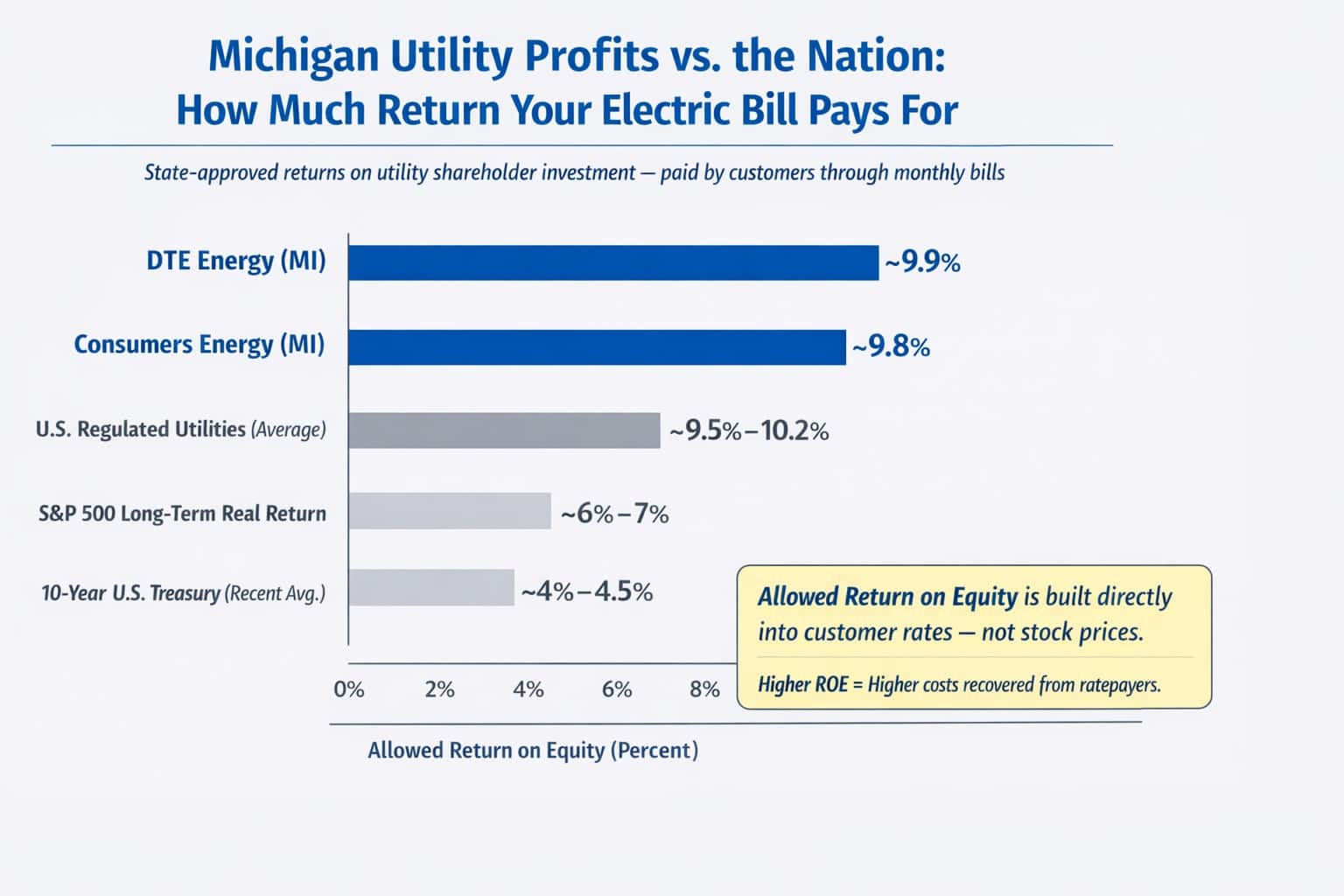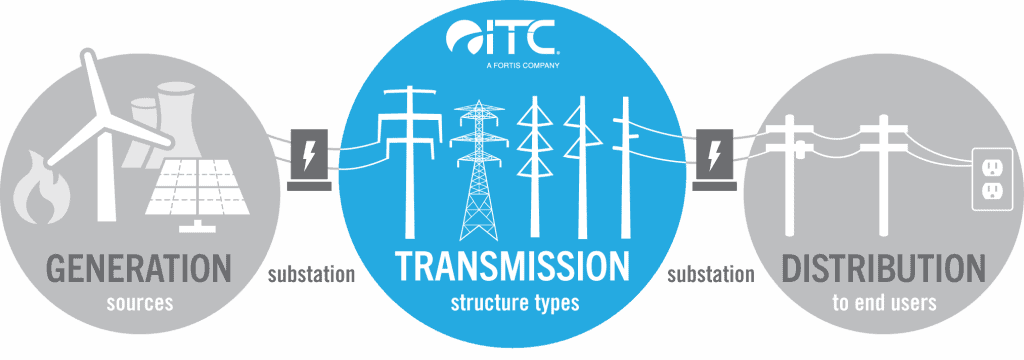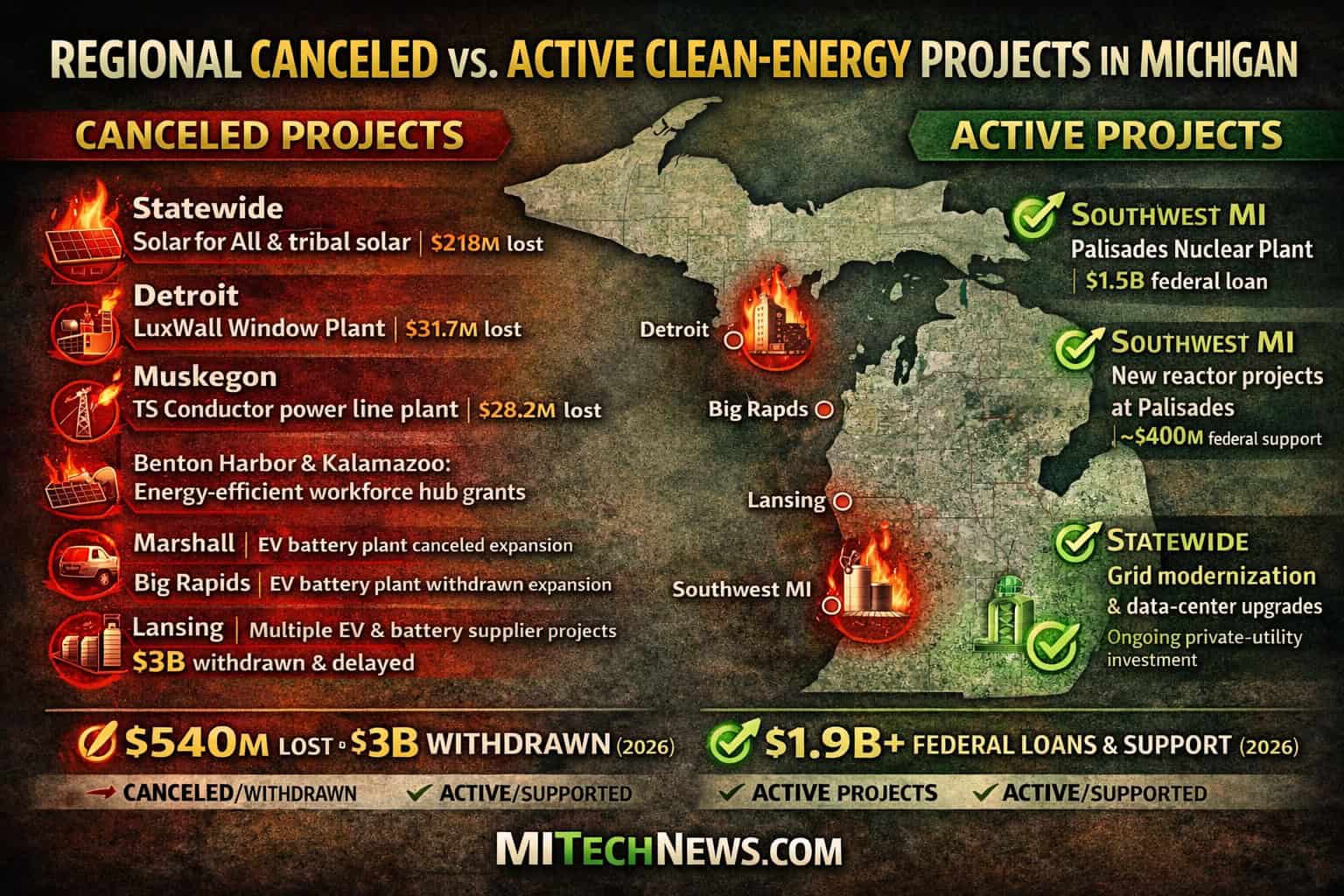LANSING – A package of bills revising how certain types of waste materials are treated moved nearly unanimously from the House Natural Resources Committee on Thursday despite objections from the environmental community.
The bills (HB 5400 , HB 5401 and HB 5402 ) essentially adopt portions of the Environmental Advisory Rules Committee recommendations that required legislative changes.
Among the key provisions are allowing some additional materials to be certified as inert (and therefore not subject to regulation) and some others to be subject to reduced regulation for beneficial uses.
The main bill in the package, HB 5400, was reported as an H-2 substitute. Members of the advisory rules committee said the bill repealed fewer rules than as introduced and included some additional public notice requirements.
There was some discussion in committee about the substitute’s treatment of foundry sand, which would be allowed as an ingredient in commercially-created soil as a beneficial use. Rep. Ed McBroom (R-Vulcan) questioned why an inert material would be subject to regulation as part of a mixture, but the Advisory Rules Committee members indicated they did not have the technical expertise to answer the question.
Rep. Charles Smiley (D-Burton) abstained from voting on that bill, so it was reported on an 8-0 vote, but the other two moved on 9-0 votes.
Rep. Wayne Schmidt (R-Traverse City), sponsor of HB 5400, issued a statement praising the committee’s action. “It’s about efficiency,” he said. “Why should we discard valuable materials when, by correctly reusing byproducts, we can keep material costs down and encourage job growth in Michigan? We’ve been missing out on a viable economic opportunity, so it’s time to make these changes and continue creating a brighter future for Michigan.”
James Clift with the Michigan Environmental Council said the group had concerns over some materials being allowed as fill on commercial sites that would prevent them from ever being residential sites. The bill, he said, would allow that use by the contractor with notice to the property owner rather than advance permission.
The group is also concerned about some of the permitted uses of coal ash, given new regulations that require power plants to capture 90 percent of the mercury in the coal. Clift said use in concrete would be safe, but some other road construction fill uses could allow that mercury to leach into the ground.
This story was provided by Gongwer News Service. To subscribe, click on Gongwer.Com






